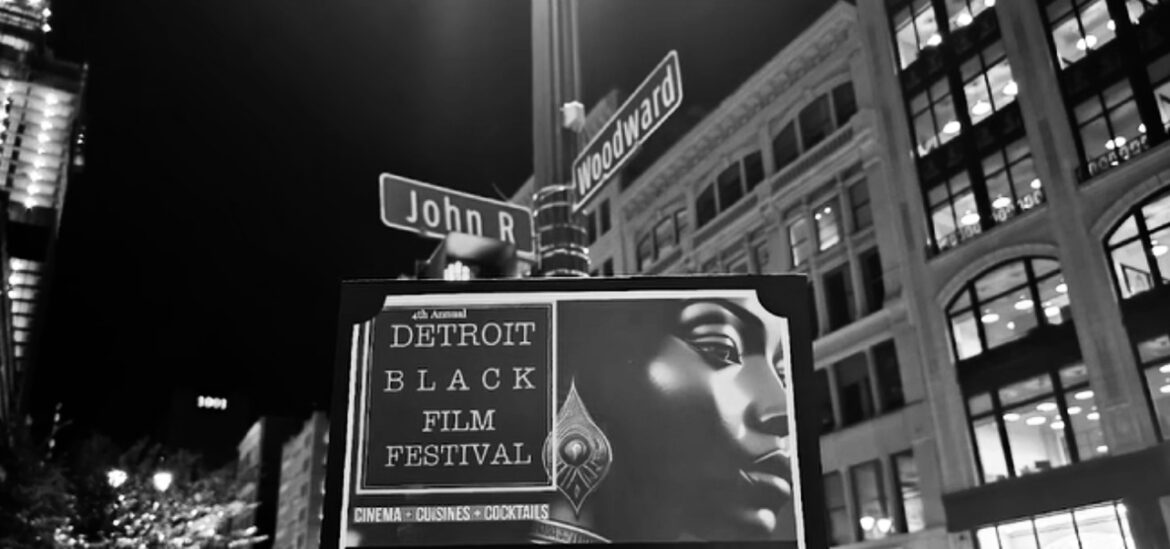In the heart of Detroit, a cultural groundswell is taking place in the form of the Detroit Black Film Festival. The festival, now in its fourth year, stands as a testament to the vibrant black culture that thrives within the city. This year’s festival convened from Sept. 27–Oct. 1. The festival organizers Marshalle and Lazar Favors, who are directors with a passion for cinema and a keen sense of cultural identity, started the festival to fill what they saw as a missing part of Detroit’s culture.
“Every other city in America has a Black film festival except Detroit,” Marshalle Favors said.
This simple observation fueled their determination to bring a celebration of Black cinema to the city that has played a crucial role in shaping American music and culture.
Filmmakers from diverse backgrounds submitted their work to this year’s festival through FilmFreeway, an online submission platform, and went through a rigorous selection process that considered criteria such as sound, entertainment value and cultural relevance. Films that received a score of eight or higher through the festival’s jury process were selected to show at the festival.
This year, the festival reached a new level of exposure when two films featuring Emmy-winning actors, including Sheryl Lee Ralph, were selected for the festival’s showcase.
This year the festival had a unique theme: “Cinema, Cuisine and Cocktails.”
“We came for the films and the beverages,” remarked festival attendee LaToya Willis. “A fantastic combination.”
One documentary titled “Black Is Beautiful” took a closer look at the drink industry. This interesting blend of film and theme attracted attendees not only from Detroit but also from 20 states and two countries outside of the U.S.
According to the Favors, interest in the festival wasn’t always this way. The Favors initially planned the first festival pre-pandemic, and instead of canceling, they took the event online.
“During the pandemic, people were always looking for something to do. S being virtual the first two years helped us expand our audiences,” Favors said.
This decision allowed the festival to reach audiences past the state of Detroit and helped foster a community for when it would eventually return to an in-person event.
“We couldn’t have done this without the community. They showed out.” Favors stated. “There wasn’t an empty seat in the house.”
One film that covered historically Black colleges and universities (HBCU) caught the attention of many people in the Detroit area who attended HBCUs or were involved in sororities or fraternities within the National Pan-Hellenic Council (NPHC).
“I love everything that is made by us for us” stated Mark Cooper, a former HBCU graduate. “It is not just about watching movies. It’s about celebrating our culture and stories.”
